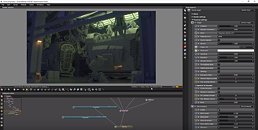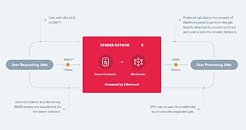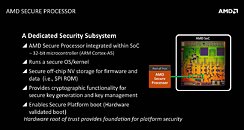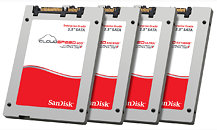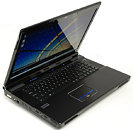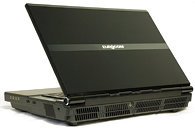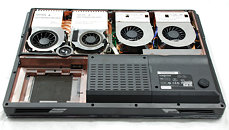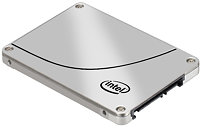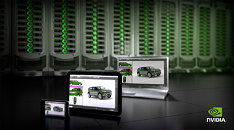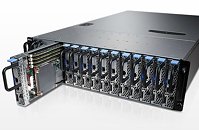
MSI Powers the Future of Cloud Computing at CloudFest 2025
MSI, a leading global provider of high-performance server solutions, unveiled its next-generation server platforms—ORv3 Servers, DC-MHS Servers, and NVIDIA MGX AI Servers—at CloudFest 2025, held from March 18-20 at booth H02. The ORv3 Servers focus on modularity and standardization to enable seamless integration and rapid scalability for hyperscale growth. Complementing this, the DC-MHS Servers emphasize modular flexibility, allowing quick reconfiguration to adapt to diverse data center requirements while maximizing rack density for sustainable operations. Together with NVIDIA MGX AI Servers, which deliver exceptional performance for AI and HPC workloads, MSI's comprehensive solutions empower enterprises and hyperscalers to redefine cloud infrastructure with unmatched flexibility and performance.
"We're excited to present MSI's vision for the future of cloud infrastructure." said Danny Hsu, General Manager of MSI's Enterprise Platform Solutions. "Our next-generation server platforms address the critical needs of scalability, efficiency, and sustainability. By offering modular flexibility, seamless integration, and exceptional performance, we empower businesses, hyperscalers, and enterprise data centers to innovate, scale, and lead in this cloud-powered era."
"We're excited to present MSI's vision for the future of cloud infrastructure." said Danny Hsu, General Manager of MSI's Enterprise Platform Solutions. "Our next-generation server platforms address the critical needs of scalability, efficiency, and sustainability. By offering modular flexibility, seamless integration, and exceptional performance, we empower businesses, hyperscalers, and enterprise data centers to innovate, scale, and lead in this cloud-powered era."



















